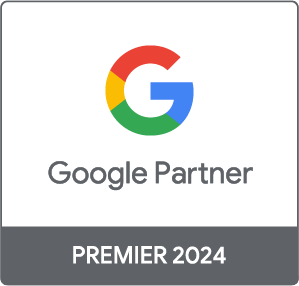
days day
hours hour
minutes minute
seconds second
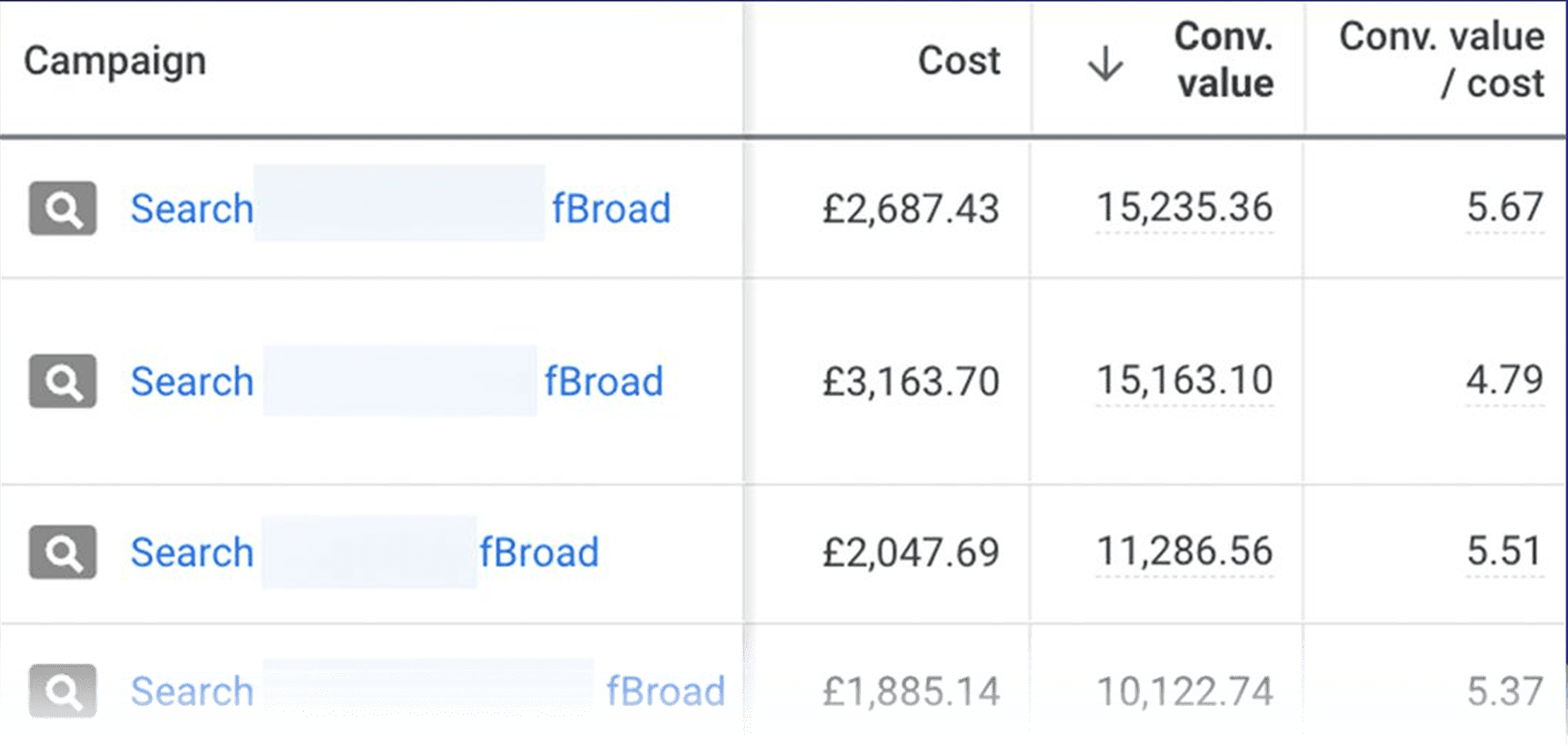
As we know, Google Ads is a powerful tool for online advertising and one of the most important aspects of using it effectively is understanding the different match types available to you.
In recent years, alongside Responsive Search Ads, Google has drastically changed match types, how they work, and the search terms they return, and one match type that has been in the limelight more recently is broad match.
Before we jump into it, let’s explain a little bit about match types.
Keyword match types in PPC are like different levels of commitment in a relationship.
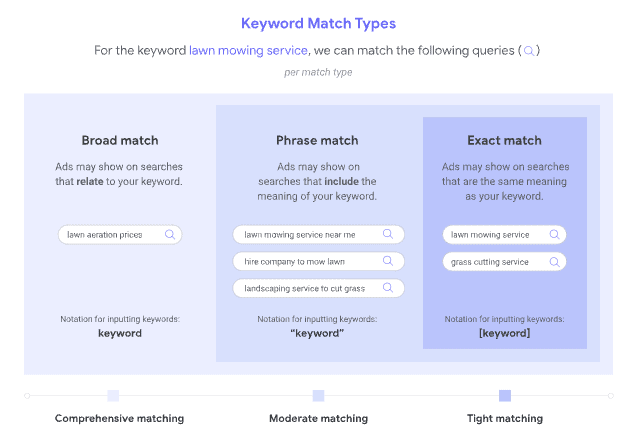
So, if you’re looking to play the field with your campaigns and get a lot of options, broad match is for you. But, if you’re looking for something more serious and specific, phrase or exact match is the way to go.
The first time we began noticing major differences in match types was after the sunsetting of broad match modified (BMM) back in 2021.
Shortly after this, the relevance of phrase match results began to slip, feeling more like it’s departed match type BMM.
The final nail in the coffin was when exact match became known in the PPC world as ‘Exact-ish’, with Google continuously broadening the search terms that exact match would return.
In this new era of Google Ads, we saw Search network performance wobble, as we were forced to adapt our approach.
Typically, years ago, Broad match keywords would be avoided like the plague. They spent your entire budget without a care in the world, pulling in all sorts of search queries that were completely irrelevant to your keywords.
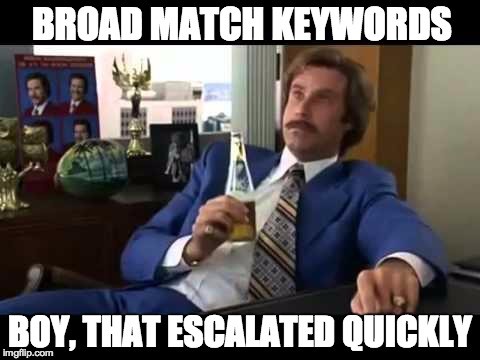
But, as automated bidding and machine learning evolved and began generating incredible results, we had the idea 5/6 years ago to test pairing broad match keywords with automated bidding strategies such as Target ROAS and Target CPA.
At the time, when we said we were setting up this type of campaign, members of the team expected it to tank. But surprisingly, it didn’t. We were targeting the keyword ‘tent’, full broad and it was returning the same, if not higher ROAS’ with the same volume as our other established campaigns.
With phrase match getting worse and worse, and our full Broad campaign strategy becoming more refined over the years, we have turned to implementing this in almost all accounts – and the results have continued to get stronger and stronger.
To get started, we suggest:
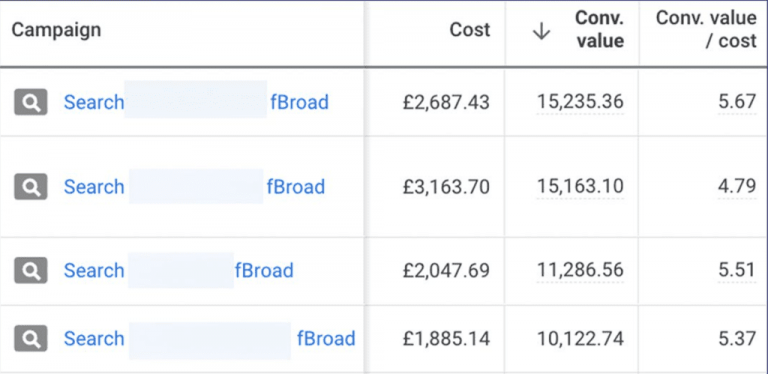
And remember, the first rule with broad match is to be careful. Even when paired with automated bidding, start small and test, test, test.
With the right strategy and careful monitoring, you can achieve incredible results with this powerful match type.

